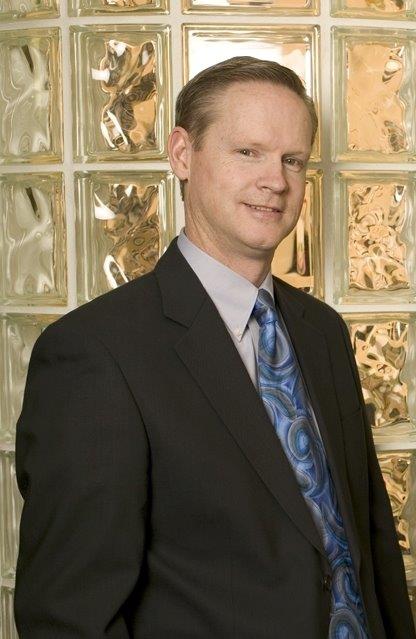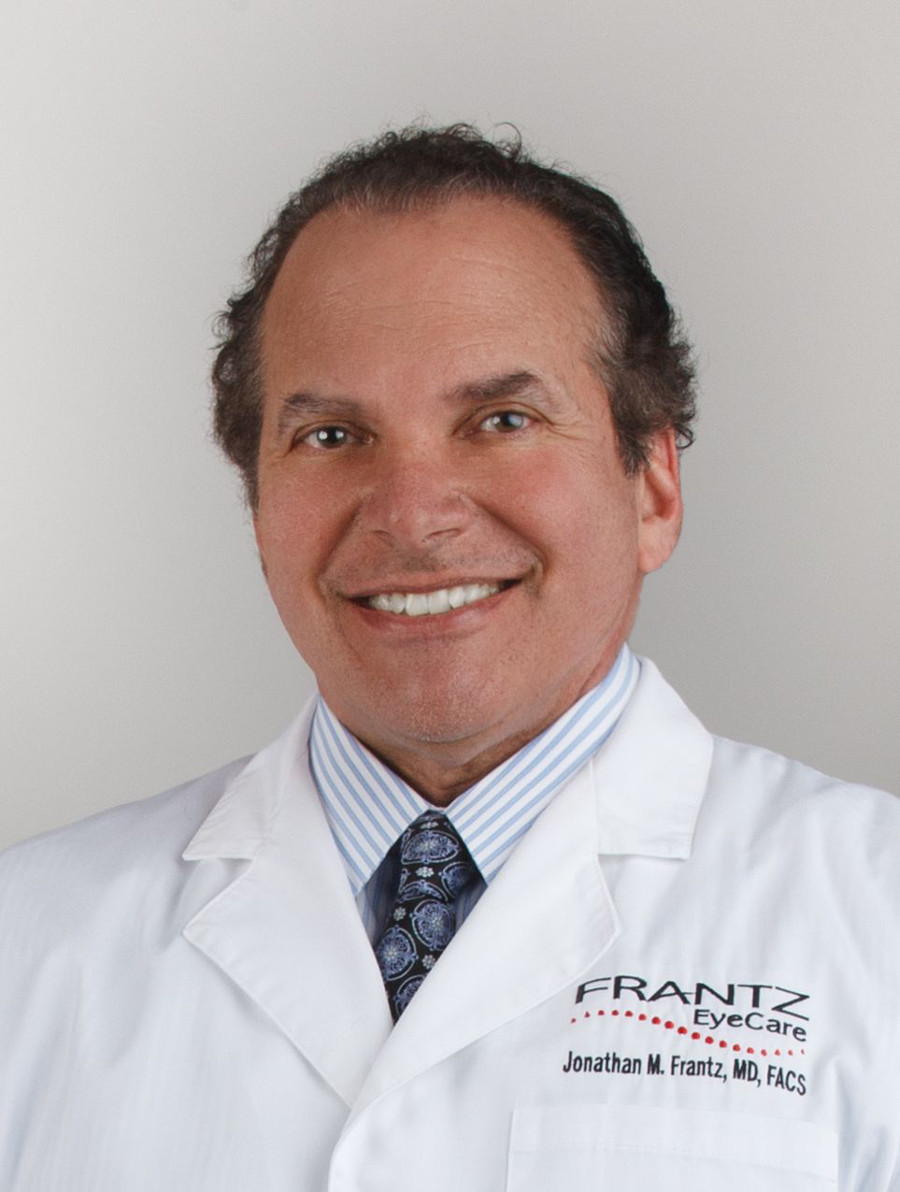Stable financial health and profitability depend on effective revenue cycle management. Three ophthalmologists and an eye center business manager discuss best practices for ensuring efficient RCM and mistakes that eye centers make in terms of RCM.
Question: In today's uncertain healthcare climate, what are some of the biggest challenges of efficient revenue cycle management at ASC eye centers?
Katie Kindrick, Business Manager, Oregon Eye Surgery Center, Eugene: The influx of the new Patient Protection and Affordable Care Act insurance policies requiring verification of coverage, allowable, deductibles copays and prior authorizations.
Looking forward it is hard to budget for income considering the changing Medicare allowable, sequestration, PPACA multilevel coverage policies and wondering what will change next.
 Nancy Tanchel, MD, Medical Director, Liberty Laser Eye Center, Vienna, Va.: There are different factors that must be considered at a center that accepts Medicare and [private] insurance. For a center devoted to self-pay elective procedures, customer service and excellent results are paramount. The entire experience for the patient must be excellent and referrals encouraged.
Nancy Tanchel, MD, Medical Director, Liberty Laser Eye Center, Vienna, Va.: There are different factors that must be considered at a center that accepts Medicare and [private] insurance. For a center devoted to self-pay elective procedures, customer service and excellent results are paramount. The entire experience for the patient must be excellent and referrals encouraged.
 Kent Karren, MD, Medical Director, Oregon Eye Surgery Center, Eugene: Each year Congress delays approval of Medicare rates, which results in delays in billing and lost revenue.
Kent Karren, MD, Medical Director, Oregon Eye Surgery Center, Eugene: Each year Congress delays approval of Medicare rates, which results in delays in billing and lost revenue.
Q: What are some of the effects of inefficient RCM on the financial health of an eye center?
Ms. Kindrick: Denied Claims due to not fully understanding a new payer policy type as well as delay in billing, and thus delay in payment receipt. Some other effects are billing appeals and errors and omissions in billing reducing revenues.
 Jonathan Frantz, MD, Frantz Eye Center, Fort Myers, Fla.: It is potentially catastrophic. I'm a private practitioner, not a publicly traded company. As private practitioners, we are providing all these services upfront before we get paid. It doesn't take a whole lot to get yourself out of balance. There may be times when you are not getting paid but you are still spending money keeping your practice going.
Jonathan Frantz, MD, Frantz Eye Center, Fort Myers, Fla.: It is potentially catastrophic. I'm a private practitioner, not a publicly traded company. As private practitioners, we are providing all these services upfront before we get paid. It doesn't take a whole lot to get yourself out of balance. There may be times when you are not getting paid but you are still spending money keeping your practice going.
It's a bit of a unique model. That is not how it works in every other business; unfortunately that's how it works in healthcare.
Q: What are some of the best practices for improving RCM at eye centers?
Dr. Karren: Having a dedicated business manager and certified coders results in good control over reimbursement rather than depending on outside sources for this.
Ms. Kindrick: We can't do anything about sequestrations so we must review our contracts for any underpaying policies and get carve outs for some procedure codes. Work closely with your billers — they will have an idea of which payers' contracts could use amendments.
Also, watch your billing closely put in place audits to be sure all procedures are being billed in a timely manner. If your billing is done timely you will have an even cash flow.
Dr. Frantz: It is important to make sure that the bills are submitted rapidly, efficiently and accurately. Make sure that all the documents necessary for the billing to go out is done at the time of service. We have people following the claims closely so if there are any problems they know right away.
We have in-house billing services, which eliminates a middle person and allows us to do things rapidly. We don't do a huge variety of procedures so it's much easier to be quick about submitting claims because it's all the same procedures. Our billing staff members are not trying to find the codes for 50 different procedures.
Dr. Tanchel: Spend marketing dollars wisely and be careful which vendors are used.
Do not accept manufacturer claims at face value — check with trusted colleagues and review studies carefully. Also, avoid click fees, whenever possible.
Q: What are some of the biggest mistakes eye centers make in terms of RCM?
Ms. Kindrick: Complacency, lack of continuing education for billers, coders and contract negotiators. Lack of follow up on contracting renewals and amendments.
Dr. Frantz: Things are too fragmented and aren't done immediately. Everyday that you are waiting to get a bill out is another day you're not getting paid. Eye centers are so focused on the procedures but you have keep an eye on the other stuff too — like getting paid. You need to set systems and routines in place so everything gets done in a timely fashion.
Q: What advice do you have for eye centers looking to improve their RCM?
Ms. Kindrick: Dig in and review your policies and procedures. Make sure your workflow is efficient and have built in double checks for accuracy. Verify all procedures are being billed. Collect out-of-pocket funds prior to surgery. Have a patient payment policy in place and make sure your patients get a copy.
Dr. Frantz: Focus on getting stuff done today. There needs to be a sense of urgency, philosophically, about getting these bills out. Make sure that you get the billing done quickly and get it done right.
Dr. Tanchel: The owners need to study business practices and manage staff wisely. Marketing campaigns should be reviewed and dollars spent wisely. Learn the seasonality of the business and don't necessarily expect the entire year to have the same revenue — some quarters will be better than others. Purchase technology wisely, only when true patient benefits can be demonstrated and costs can be recouped.
Cataract Surgery Generates $123.4B Savings Over 13 Years
TeleVox Software Partners With Brevium on Ophthalmology Practice Solution
Question: In today's uncertain healthcare climate, what are some of the biggest challenges of efficient revenue cycle management at ASC eye centers?
Katie Kindrick, Business Manager, Oregon Eye Surgery Center, Eugene: The influx of the new Patient Protection and Affordable Care Act insurance policies requiring verification of coverage, allowable, deductibles copays and prior authorizations.
Looking forward it is hard to budget for income considering the changing Medicare allowable, sequestration, PPACA multilevel coverage policies and wondering what will change next.
 Nancy Tanchel, MD, Medical Director, Liberty Laser Eye Center, Vienna, Va.: There are different factors that must be considered at a center that accepts Medicare and [private] insurance. For a center devoted to self-pay elective procedures, customer service and excellent results are paramount. The entire experience for the patient must be excellent and referrals encouraged.
Nancy Tanchel, MD, Medical Director, Liberty Laser Eye Center, Vienna, Va.: There are different factors that must be considered at a center that accepts Medicare and [private] insurance. For a center devoted to self-pay elective procedures, customer service and excellent results are paramount. The entire experience for the patient must be excellent and referrals encouraged. Kent Karren, MD, Medical Director, Oregon Eye Surgery Center, Eugene: Each year Congress delays approval of Medicare rates, which results in delays in billing and lost revenue.
Kent Karren, MD, Medical Director, Oregon Eye Surgery Center, Eugene: Each year Congress delays approval of Medicare rates, which results in delays in billing and lost revenue. Q: What are some of the effects of inefficient RCM on the financial health of an eye center?
Ms. Kindrick: Denied Claims due to not fully understanding a new payer policy type as well as delay in billing, and thus delay in payment receipt. Some other effects are billing appeals and errors and omissions in billing reducing revenues.
 Jonathan Frantz, MD, Frantz Eye Center, Fort Myers, Fla.: It is potentially catastrophic. I'm a private practitioner, not a publicly traded company. As private practitioners, we are providing all these services upfront before we get paid. It doesn't take a whole lot to get yourself out of balance. There may be times when you are not getting paid but you are still spending money keeping your practice going.
Jonathan Frantz, MD, Frantz Eye Center, Fort Myers, Fla.: It is potentially catastrophic. I'm a private practitioner, not a publicly traded company. As private practitioners, we are providing all these services upfront before we get paid. It doesn't take a whole lot to get yourself out of balance. There may be times when you are not getting paid but you are still spending money keeping your practice going. It's a bit of a unique model. That is not how it works in every other business; unfortunately that's how it works in healthcare.
Q: What are some of the best practices for improving RCM at eye centers?
Dr. Karren: Having a dedicated business manager and certified coders results in good control over reimbursement rather than depending on outside sources for this.
Ms. Kindrick: We can't do anything about sequestrations so we must review our contracts for any underpaying policies and get carve outs for some procedure codes. Work closely with your billers — they will have an idea of which payers' contracts could use amendments.
Also, watch your billing closely put in place audits to be sure all procedures are being billed in a timely manner. If your billing is done timely you will have an even cash flow.
Dr. Frantz: It is important to make sure that the bills are submitted rapidly, efficiently and accurately. Make sure that all the documents necessary for the billing to go out is done at the time of service. We have people following the claims closely so if there are any problems they know right away.
We have in-house billing services, which eliminates a middle person and allows us to do things rapidly. We don't do a huge variety of procedures so it's much easier to be quick about submitting claims because it's all the same procedures. Our billing staff members are not trying to find the codes for 50 different procedures.
Dr. Tanchel: Spend marketing dollars wisely and be careful which vendors are used.
Do not accept manufacturer claims at face value — check with trusted colleagues and review studies carefully. Also, avoid click fees, whenever possible.
Q: What are some of the biggest mistakes eye centers make in terms of RCM?
Ms. Kindrick: Complacency, lack of continuing education for billers, coders and contract negotiators. Lack of follow up on contracting renewals and amendments.
Dr. Frantz: Things are too fragmented and aren't done immediately. Everyday that you are waiting to get a bill out is another day you're not getting paid. Eye centers are so focused on the procedures but you have keep an eye on the other stuff too — like getting paid. You need to set systems and routines in place so everything gets done in a timely fashion.
Q: What advice do you have for eye centers looking to improve their RCM?
Ms. Kindrick: Dig in and review your policies and procedures. Make sure your workflow is efficient and have built in double checks for accuracy. Verify all procedures are being billed. Collect out-of-pocket funds prior to surgery. Have a patient payment policy in place and make sure your patients get a copy.
Dr. Frantz: Focus on getting stuff done today. There needs to be a sense of urgency, philosophically, about getting these bills out. Make sure that you get the billing done quickly and get it done right.
Dr. Tanchel: The owners need to study business practices and manage staff wisely. Marketing campaigns should be reviewed and dollars spent wisely. Learn the seasonality of the business and don't necessarily expect the entire year to have the same revenue — some quarters will be better than others. Purchase technology wisely, only when true patient benefits can be demonstrated and costs can be recouped.
More Articles on Ophthalmology:
New York Eye Surgical Center CEO Dr. Amjad Hammad Logs 6k Patients in EMRCataract Surgery Generates $123.4B Savings Over 13 Years
TeleVox Software Partners With Brevium on Ophthalmology Practice Solution

